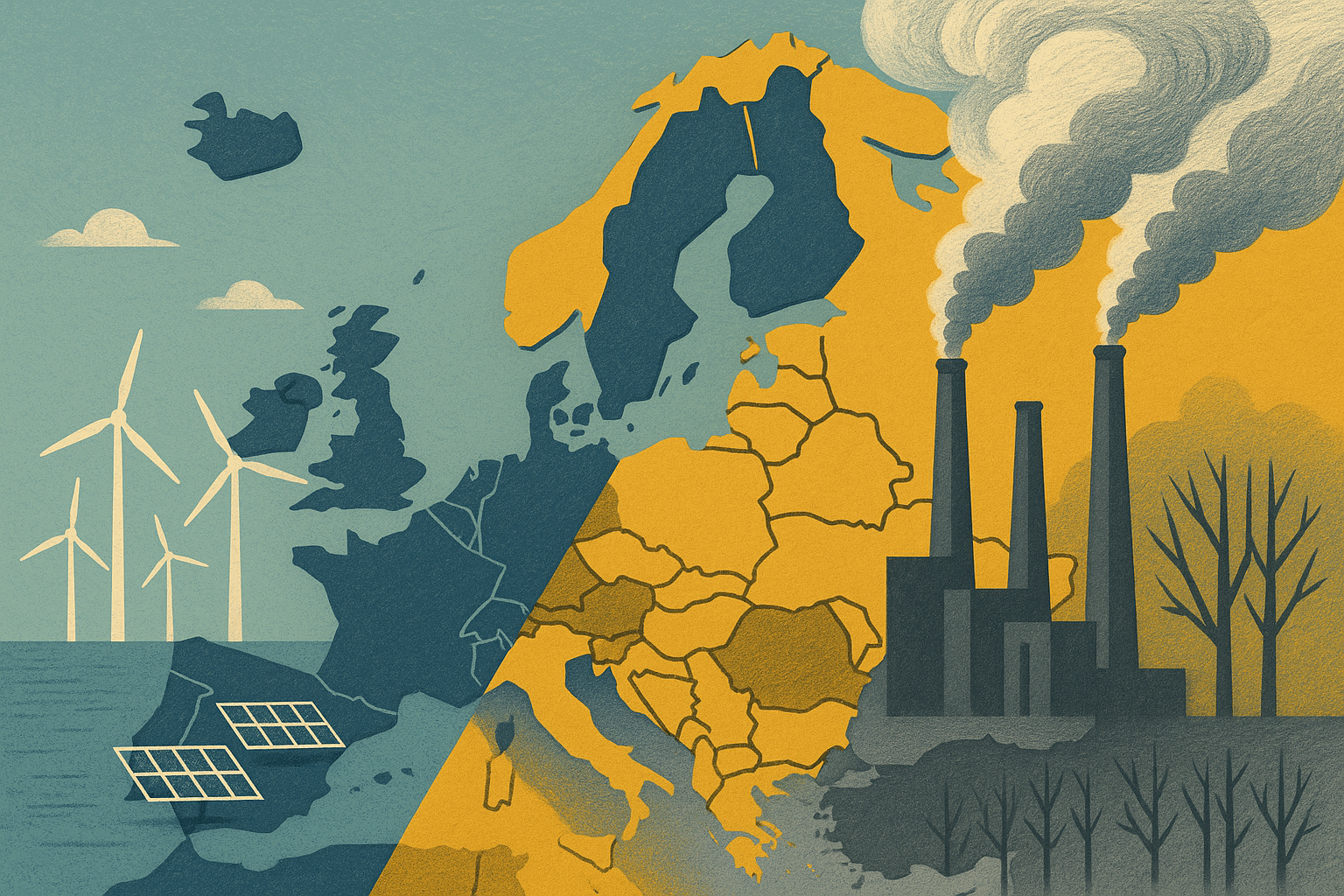Connie Hedegaard, the EU’s first climate commissioner, has issued a blunt warning over green backsliding across Europe. In an interview with Politico published this week, Hedegaard criticised the bloc’s weakening climate commitments and warned that backtracking now would not only diminish Europe’s influence — but risk its economic competitiveness.
“If Europe hesitates while others go full speed, we risk losing the industries of the future,” she said. “This is not the time to hesitate or foot-drag. It is time to deliver.”
Hedegaard’s comments follow several high-profile shifts in EU environmental regulation. Since late 2023, a number of initiatives tied to the European Green Deal have been delayed, softened, or suspended entirely. Among them is the EU’s Green Claims Directive, a proposed law to prevent misleading environmental advertising. The European Commission paused negotiations in March 2025, citing concerns about burdening microenterprises — a move environmental groups described as politically expedient and regressive.
In June, reporting by The Guardian revealed that several biodiversity protections and pollution controls had also been weakened or shelved. These included provisions on deforestation due diligence, vehicle emissions, and habitat protections — all previously framed as central to the Green Deal. Critics accused Commission leaders of prioritising industrial lobbying over long-term environmental targets.
Alongside these regulatory reversals, a European Commission proposal — referred to informally as the “simplification omnibus” — would dramatically reduce the scope of mandatory sustainability reporting under the Corporate Sustainability Reporting Directive (CSRD). If adopted, the number of companies required to comply with detailed environmental disclosures would fall from over 50,000 to fewer than 3,000 by 2026. The measure is currently under public consultation until September.
In response, a coalition of more than 150 businesses and investors, including large multinationals and financial institutions, signed an open letter in May calling for the EU to adopt a 2040 target of at least 90 percent greenhouse gas reduction. The letter, coordinated by CLG Europe, emphasised the importance of “long-term clarity and consistency” and described climate ambition as a “driver of competitiveness and energy security.”
That position was echoed again this month. On August 14, a coalition of 382 organisations — including asset managers, companies, and industry networks — published a joint statement urging EU policymakers to “preserve the core of the EU sustainable finance framework.” Coordinated by Eurosif and 11 other signatories, the letter specifically opposed proposed simplifications to sustainability disclosures, arguing that the existing standards were already proportionate, usable, and critical to investor confidence.
Despite such private-sector advocacy, Hedegaard expressed concern that political leaders were misreading public sentiment and underestimating the urgency of the moment.
“When people lose their homes or their families to extreme weather, they don’t just suffer loss, they also lose trust in decision-makers,” she told Politico. “That mistrust is what feeds polarisation.”
With Commission consultations underway and parliamentary elections on the horizon, the direction of Europe’s climate policy remains uncertain. For now, Hedegaard’s remarks appear to serve as a pointed call not only to protect environmental progress — but to defend what she sees as a vital pillar of European credibility and competitiveness.




